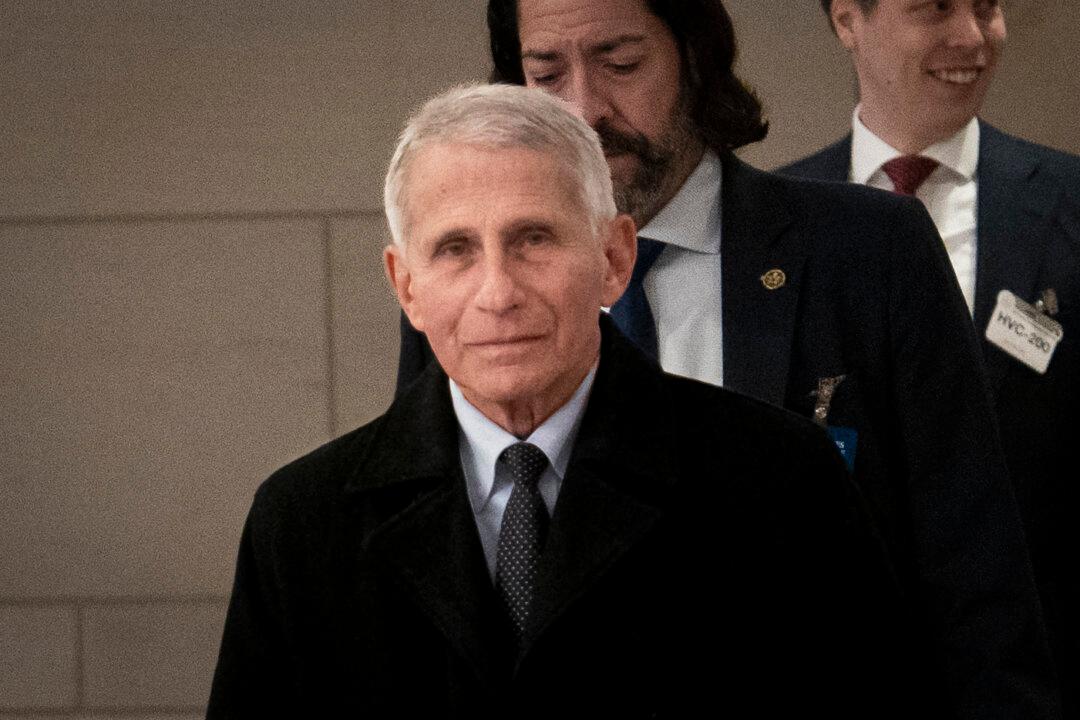Commentary
In a recent interview, famed astrophysicist Neil deGrasse Tyson was challenged on his scientific views about COVID-19, and he said, “I’m only interested in consensus”—words that would have Nicolaus Copernicus and Galileo Galilei rolling in their graves.





